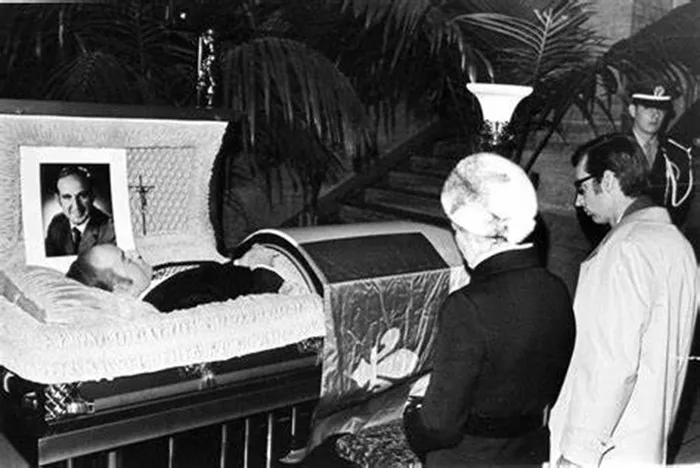January 5 has witnessed various notable events throughout Canadian history, reflecting the country’s diverse political, social, and environmental landscape. This article delves into several key occurrences that took place on this date, providing a comprehensive overview of their significance and impact.
What Happened on January 5 in Canadian History?
1. The FLQ Kidnapping Charges (1971)
On January 5, 1971, four members of the Front de Libération du Québec (FLQ) were formally charged with the kidnapping and murder of Quebec Labour Minister Pierre Laporte. This event was a culmination of a series of violent actions taken by the FLQ, a militant group advocating for Quebec’s independence from Canada.
The kidnapping occurred on October 10, 1970, when Laporte was abducted from his home in Saint-Lambert, Quebec. The FLQ demanded the release of political prisoners and an end to police repression against their movement. Following a tense period of negotiations, Laporte was reported dead on October 17, 1970. His body was discovered shortly thereafter, leading to widespread outrage across Canada.
The legal proceedings against Paul Rose, Jacques Rose, Francis Simard, and Bernard Lortie highlighted the government’s response to terrorism during this tumultuous period. Paul Rose received two life sentences, while Simard was sentenced to life imprisonment. Lortie received a 20-year sentence and Jacques Rose an eight-year term. By 1982, all four had been released on parole, which sparked further debates about justice and political violence in Canada.
2. Winnipeg’s First Mayor and Council (1874)
Another significant event that took place on January 5 is the election of Winnipeg’s first mayor and city council in 1874. This marked an important step in the city’s governance and development.
Winnipeg was incorporated as a city in 1873, following its rapid growth due to its strategic location as a trading hub. The establishment of a municipal government was essential for managing urban issues such as infrastructure, public services, and community welfare.
The election represented a shift towards self-governance for the residents of Winnipeg. It allowed citizens to have a say in local affairs and laid the groundwork for future democratic processes in Canadian municipalities. The first mayor elected was John D. McDonald, who played a crucial role in shaping the city’s early policies.
3. The Ice Storm of the Century (1998)
January 5, 1998, is also remembered for the onset of one of Canada’s most devastating natural disasters—the Ice Storm of the Century. This catastrophic event affected millions across Ontario and Quebec.
The storm began with freezing rain that accumulated over several days, leading to widespread power outages as ice-coated branches snapped under their own weight. By January 10, the storm had caused extensive damage to infrastructure and resulted in at least 25-30 fatalities due to accidents related to carbon monoxide poisoning from improper heating methods.
In response to the crisis, emergency measures were implemented by provincial and federal governments to assist affected communities. Thousands were left without power for weeks, prompting discussions about disaster preparedness and response strategies in Canada.
4. Historical Contexts and Implications
Each event that occurred on January 5 serves as a reflection of broader historical themes within Canada:
Political Violence: The FLQ incident underscores issues related to nationalism, identity politics, and governmental authority during periods of unrest.
Urban Development: The establishment of Winnipeg’s municipal government illustrates the evolution of Canadian cities amidst rapid growth during the late 19th century.
Natural Disasters: The ice storm highlights Canada’s vulnerability to extreme weather events and raises questions about climate change and infrastructure resilience.
Conclusion
January 5 has been marked by significant events that have shaped Canadian society in various ways—from political upheaval to urban governance and natural disasters. Understanding these occurrences provides valuable insights into Canada’s historical trajectory and its ongoing challenges.This exploration into January 5 reveals how individual events can resonate through time, influencing public policy, community identity, and national discourse. As Canada continues to evolve, reflecting on its past remains crucial for navigating future challenges effectively.
Related Topics:

